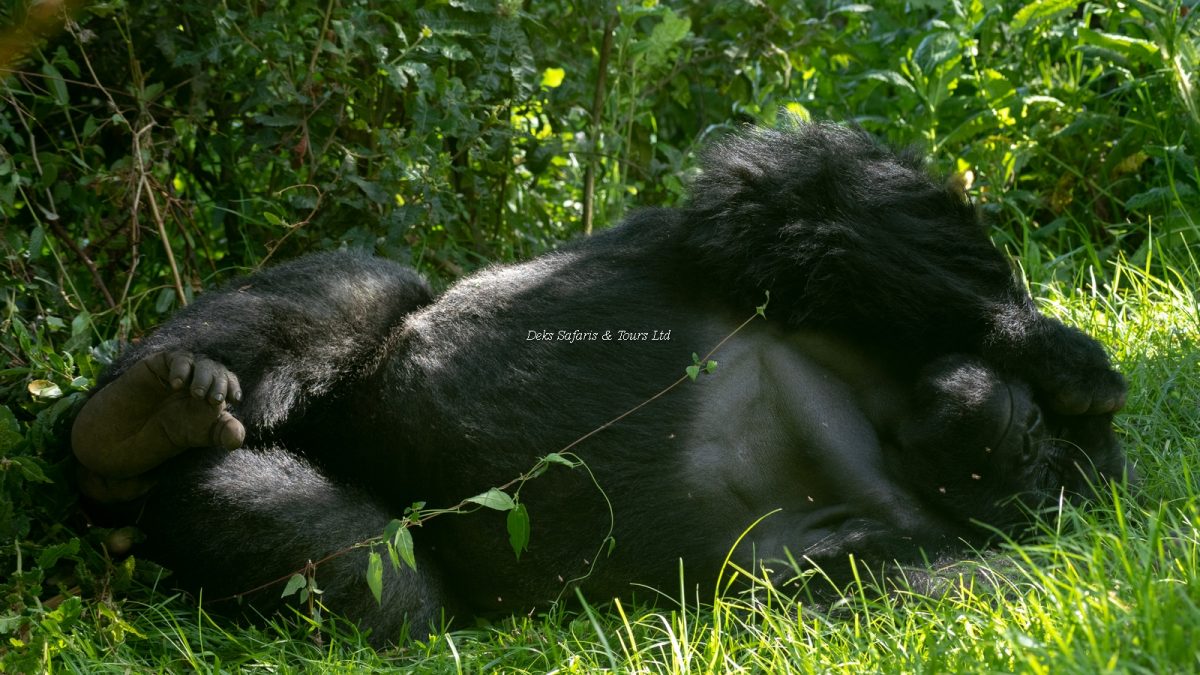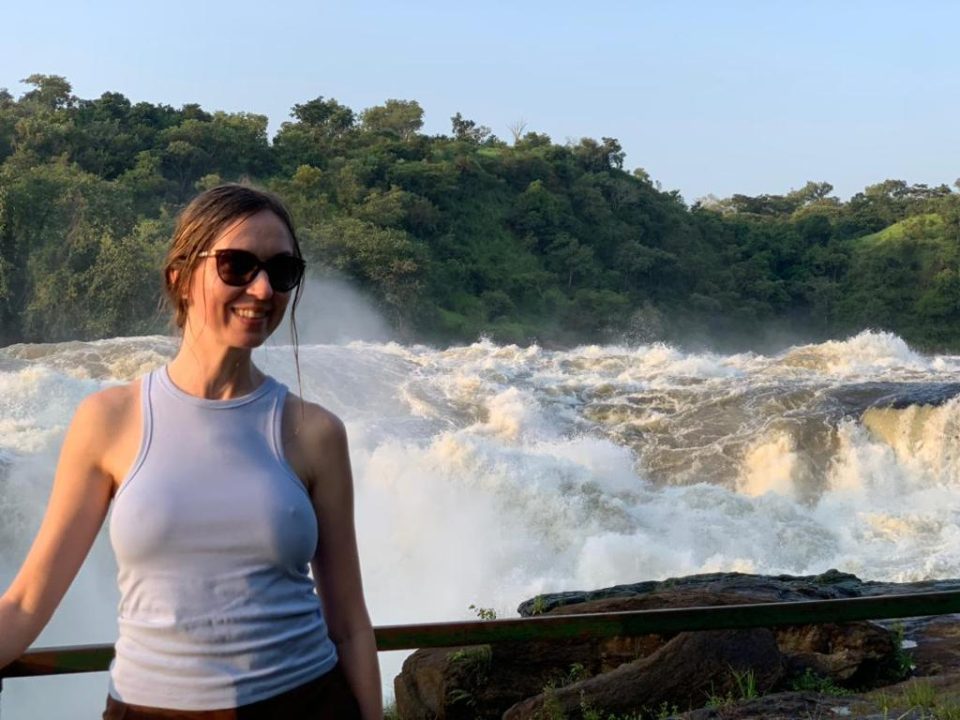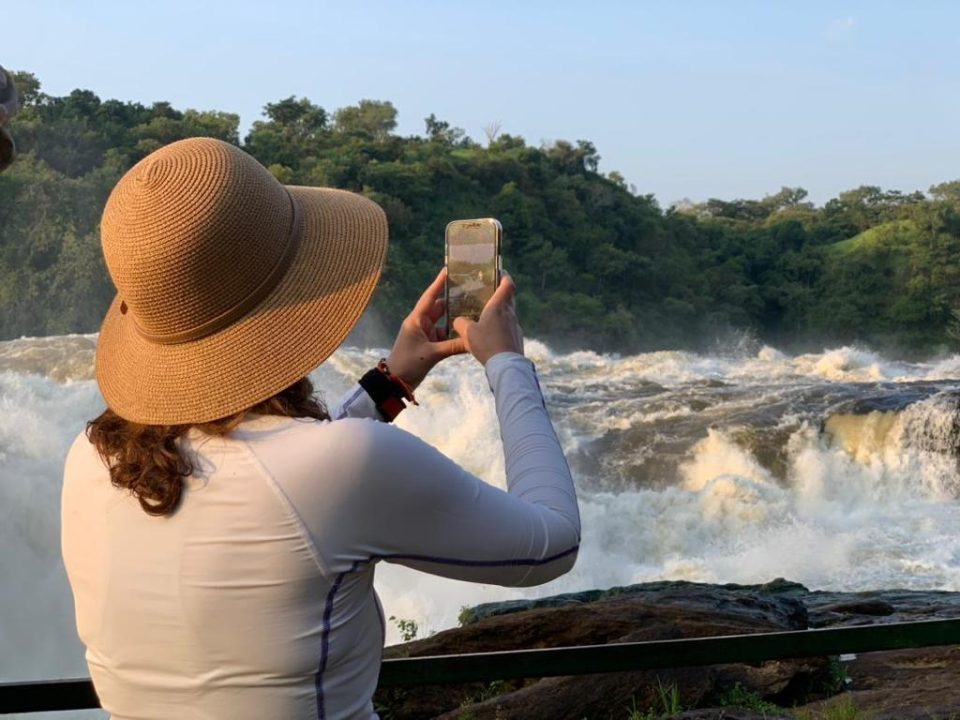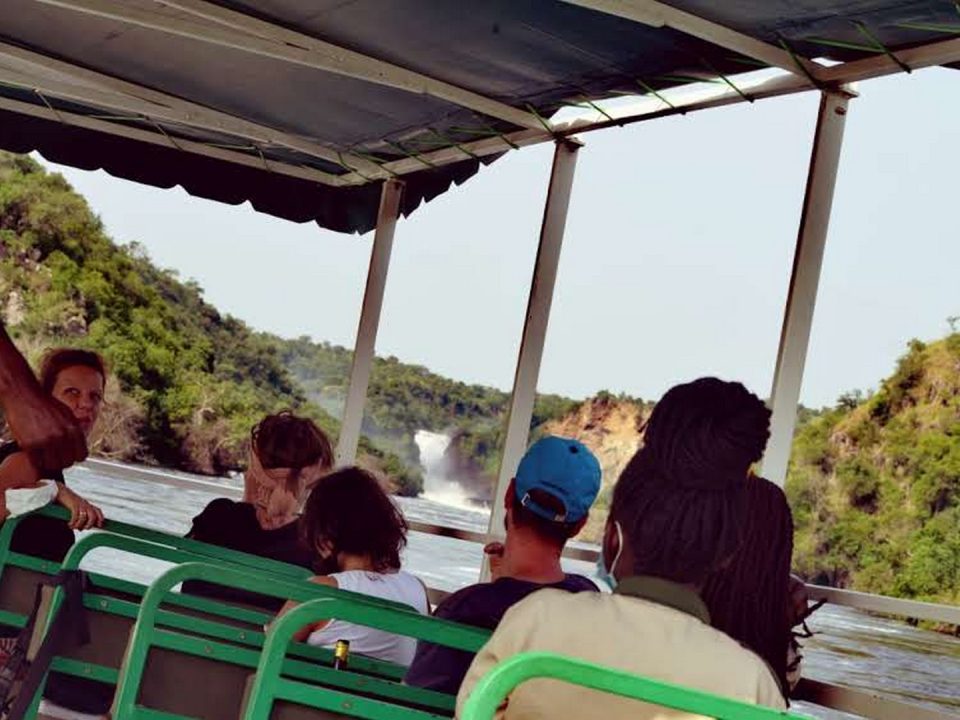
How Many Days Do You Need for Gorilla Trekking?
February 20, 2025
How Fit Do You Need to Be for Uganda Gorilla Trekking?
February 21, 2025Is Gorilla Trekking in Uganda Ethical?
Is Gorilla Trekking in Uganda Ethical? Gorilla trekking in Uganda has become one of the world’s most sought-after wildlife experiences, drawing thousands of visitors each year to the misty mountains of Bwindi Impenetrable National Park and Mgahinga Gorilla National Park. For nature lovers, it is the opportunity of a lifetime to witness the endangered mountain gorillas in their natural habitat. However, with such a high level of interest in gorilla tourism, questions about the ethical implications of gorilla trekking have arisen. Many travelers are concerned about the potential impact on gorilla populations, the environment, and the well-being of the local communities that surround these protected areas.
In this article, we explore whether gorilla trekking in Uganda is ethical, examining its benefits and challenges, the regulations in place, and how travelers can ensure they are engaging in responsible and sustainable wildlife tourism.
The Positive Impact of Gorilla Trekking on Conservation
One of the most compelling reasons that many argue gorilla trekking in Uganda is ethical is its positive impact on conservation. Uganda is home to roughly half of the world’s remaining mountain gorillas, a species once on the brink of extinction. Through careful conservation efforts, the population of mountain gorillas has steadily increased, and gorilla trekking has played a significant role in this recovery.
Funding Conservation Efforts
The revenue generated from the sale of gorilla trekking permits is directly reinvested into conservation programs, including ranger patrols, anti-poaching initiatives, habitat restoration, and scientific research. The funds also support local conservation education and awareness programs. In this way, gorilla trekking is a major driver of funding for the continued protection of these remarkable animals.
The Uganda Wildlife Authority (UWA), which oversees the management of Uganda’s national parks, uses permit revenues to protect gorilla habitats and strengthen wildlife law enforcement. Without these funds, conservation efforts in remote areas like Bwindi and Mgahinga would be much more challenging.
Reducing Poaching and Habitat Destruction
Before gorilla tourism became established in Uganda, poaching and habitat destruction were major threats to the mountain gorilla population. Today, gorilla trekking offers an alternative economic incentive for local communities, reducing the reliance on harmful activities like poaching or deforestation. Local communities now benefit from the park’s revenue, which gives them a vested interest in preserving the gorillas and their habitats.
Ethical Considerations: The Risks of Human Interaction with Gorillas
While the economic and conservation benefits of gorilla trekking are significant, it is crucial to consider the ethical concerns that arise from human interaction with these magnificent animals. Mountain gorillas are wild animals, and there are inherent risks to their well-being when humans enter their natural environment. To address these concerns, Uganda has strict regulations in place to ensure that trekking is as safe and ethical as possible for both gorillas and tourists.
Strict Guidelines for Trekking
The Uganda Wildlife Authority enforces a set of stringent rules designed to minimize the impact of human presence on the gorillas. These rules are crucial for maintaining the health and safety of the gorillas:
- Distance Rules: Visitors must stay at least 7 meters away from gorillas at all times to prevent the transmission of diseases like respiratory infections, which can be fatal to gorillas. Tourists must also avoid direct eye contact with the gorillas.
- Limited Group Size: Only a limited number of trekkers (usually a group of 8) are allowed to visit a gorilla family each day to minimize disturbance and stress for the animals. The number of daily permits is strictly regulated to prevent overcrowding and excessive human presence in gorilla territories.
- Only Healthy Trekkers Allowed: People with any signs of illness, particularly respiratory issues, are prohibited from participating in gorilla trekking to avoid the transmission of diseases to the gorillas.
- Guided Trekking: Treks are only allowed with a trained guide and park ranger, who ensure that all ethical protocols are followed during the trek.
By adhering to these regulations, Uganda is able to strike a balance between allowing tourists to experience the wonder of gorilla trekking while protecting the animals from harm.
Potential Stress for Gorillas
Despite the precautions, there are concerns that the presence of humans, even in small groups, can be stressful for gorillas. While gorillas are generally accustomed to the presence of rangers and researchers, the excitement and noise from tourists can cause the animals to feel threatened or agitated. The UWA and other conservation organizations continually monitor the impact of tourism on gorilla behavior and health, adjusting rules and practices as necessary to minimize stress.
Benefits for Local Communities
Gorilla trekking is not only beneficial for the gorillas themselves, but it also provides significant benefits for the local communities surrounding the national parks. This is a critical aspect of the ethics of gorilla trekking.
Economic Empowerment
The revenue generated from gorilla trekking permits is used to support local communities through infrastructure development, education, healthcare, and job creation. Many local people are employed directly in the tourism industry, either as porters, guides, lodge staff, or drivers. Additionally, local communities benefit from a share of the revenue raised through community-based tourism initiatives. This economic empowerment encourages a sense of responsibility and pride in preserving the gorillas and their habitats.
Community Conservation Involvement
The success of gorilla trekking is intricately linked to the well-being of local communities. These communities are often the first line of defense in conservation, as they can alert authorities to illegal activities like poaching. By directly involving local populations in the tourism industry, gorilla trekking fosters a culture of conservation that benefits both humans and wildlife.
Many of the neighboring communities have historically been marginalized, but tourism has provided an opportunity for them to secure sustainable livelihoods. This makes it far more ethical, as it addresses both the environmental and socio-economic challenges faced by the local people.
Challenges and Ethical Dilemmas
While there are many positive aspects to gorilla trekking, there are some ethical challenges and dilemmas that still need to be addressed:
The Cost of Trekking Permits
Gorilla trekking permits are expensive, and this price can be a barrier for some travelers, particularly those from local or less affluent backgrounds. The cost of permits can also restrict access to the gorillas for some people, with the majority of trekkers coming from wealthier countries. However, it’s important to understand that the price of these permits helps fund conservation efforts and local communities, which are integral to the success of the program. Efforts to make permits more affordable for local Ugandans or reduce financial disparities in access could be explored further.
The Environmental Impact of Tourism
Gorilla trekking requires visitors to travel to remote areas, which can have a carbon footprint. While the tourism industry has been making strides to adopt more sustainable practices, the environmental impact of travel—especially international flights—remains an ethical concern. It is important that travelers consider their environmental impact and take steps to mitigate it, such as offsetting carbon emissions.
How Can Travelers Ensure Ethical Practices?
As a traveler, there are steps you can take to ensure that your gorilla trekking experience is as ethical as possible:
- Choose Responsible Operators: Work with reputable tour operators, such as Deks Safaris & Tours Ltd., that follow ethical guidelines and are committed to sustainable tourism practices. Responsible operators ensure that trekking permits are purchased from official sources and that all environmental and conservation guidelines are adhered to.
- Follow the Rules: Respect the regulations and guidelines set out by the Uganda Wildlife Authority, such as maintaining the required distance from gorillas and avoiding unnecessary noise.
- Support Local Communities: Engage in community-based tourism programs that benefit local people and contribute to conservation efforts.
Conclusion: Is Gorilla Trekking in Uganda Ethical?
Gorilla trekking in Uganda, when conducted responsibly, is largely ethical. The significant benefits it provides for conservation, local communities, and the overall protection of mountain gorillas cannot be overlooked. However, it’s important for trekkers to be aware of the potential challenges, such as the risks to gorilla health and the environmental impact of tourism. By following the guidelines set forth by conservation authorities and choosing ethical tour operators, travelers can ensure that their experience is both responsible and enriching.
At Deks Safaris & Tours Ltd., we are committed to promoting ethical tourism practices that protect wildlife and support local communities while providing unforgettable experiences for our guests. Your participation in responsible gorilla trekking contributes to a sustainable future for Uganda’s mountain gorillas and their surrounding communities.





